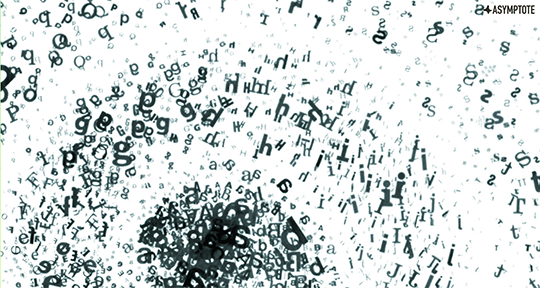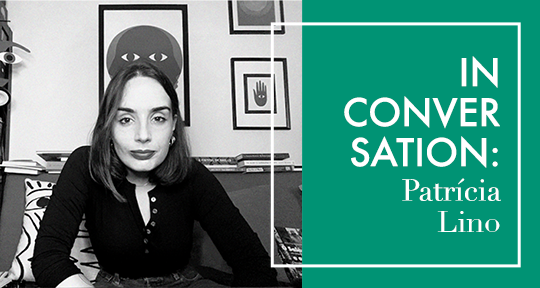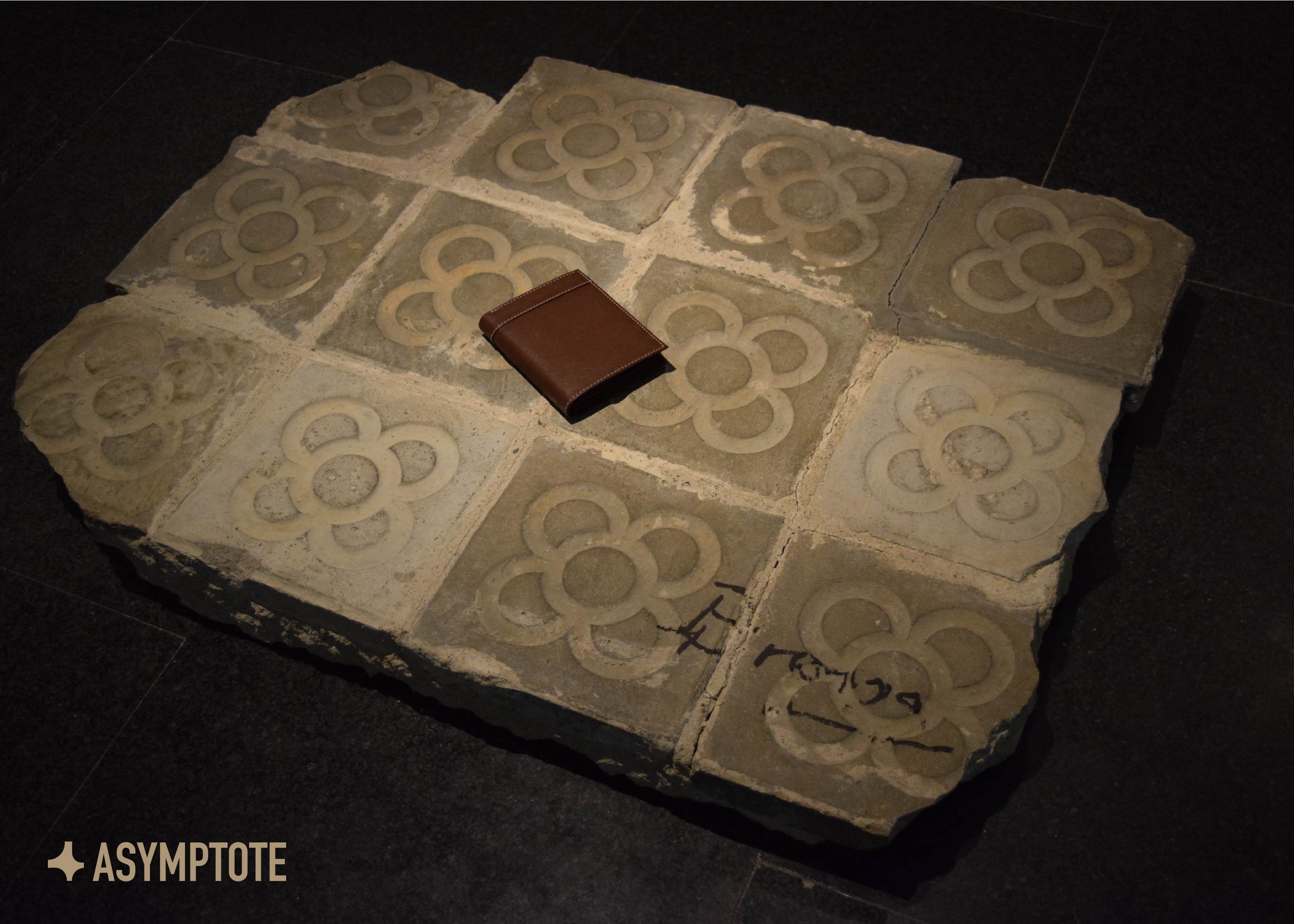galáxias, a book-length poem by the Brazilian avant-gardist Haroldo de Campos, is composed of fifty intertextual constellations that traverse multilingualism, incorporating slippages of word play in melody-harmony, explicitly in tune with the Poundian concept of “make it new” and Campos’s own “transcreation.” In August of 2024, Ugly Duckling Presse published his groundbreaking text. With the work of five translators, responsible in varying degrees for different portions of the text, the volume brings Campos’s “planetary music for mortal ears” to an English-speaking audience. Here, Asymptote is excited to present a roundtable featuring three of the co-translators: Odile Cisneros, Suzanne Jill Levine, and Charles A. Perrone (Christopher Middleton and Norman Maurice Potter have passed). Below, we speak about their individual encounters with Campos, their translation of the constellations as a collaborative and iterative process, and what they discovered in their translations.
Tiffany Troy (TT): What is the act of literary translation to each of you?
Odile Cisneros (OC): For me, literary translation stems from curiosity and the desire to share a literary work with others. At least, that’s how it started for me. In the early 90s, I lived in Prague, where I learned Czech, a language that hardly anyone outside the Czech Republic speaks. When I left to go to graduate school in New York, a friend gifted me a beautiful facsimile edition of a modernist poetry book: Na vlnách TSF, by the Nobel laureate Jaroslav Seifert. I fell in love with Seifert’s whimsical, surprising poems and wanted to share them with my friends, but alas, they didn’t speak Czech, so I figured I’d try my hand at translating some. A Czech friend helped out.
For me, then, translation emerged from friendship—friendship with a text, friendship with a language, friendship with others. My forays into other languages and texts, primarily Portuguese and Brazilian poetry, had similar origins, which we can talk about more.
As to what the act of literary translation is, there have been countless discussions. I always think of translation as a kind of puzzle that needs to be figured out by first taking the text apart in the source language and then putting it back together in the target language. There are many ways to do this, but some are better than others. The process is both challenging and rewarding. READ MORE…





